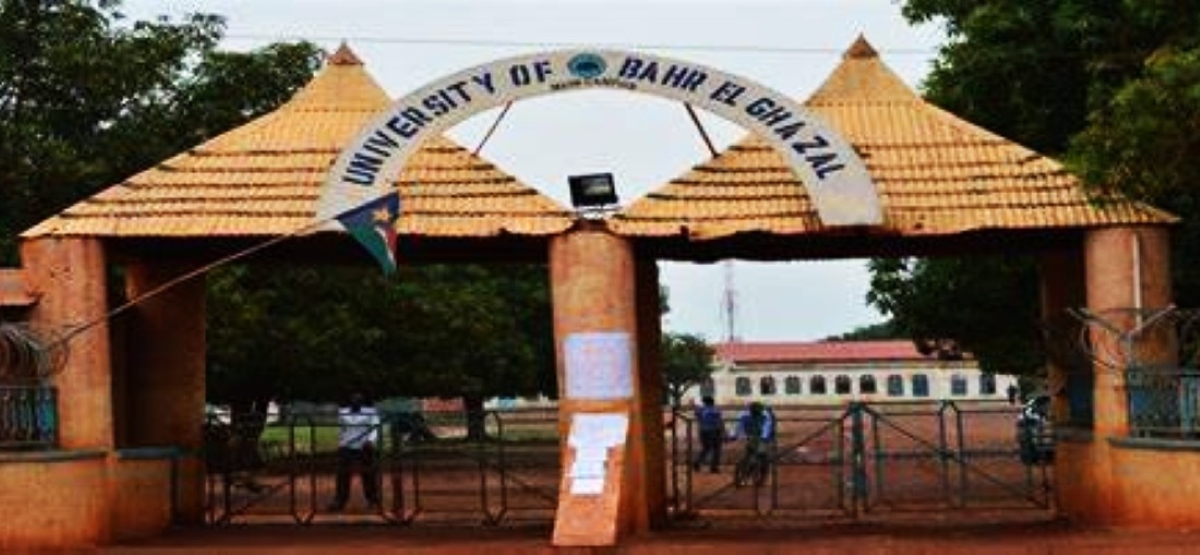Authorities in Western Bahr El Ghazal State of South Sudan have issued an official notice requiring students of the local University to vacate from the campus dormitories immediately.
The order follows the suspension of studies at the University of Bahr el Ghazal due to recent student protests against increased tuition fees.
The decision came after the previous emergency meeting of the university’s board in May 2025, according to an official document obtained by the network.
The order was signed by Advocate Thomas Mario Mangwak, Director of Legal Affairs in the state, insisting that the evacuation would be enforced “by force” in case of non-compliance, citing the Public Buildings Act of 2006 (Articles 6 and 7).
The notice was circulated to the Ministry of Housing and the Directorate of Construction in preparation for enforcement.
Tensions started building up at the university following student protests against tuition hikes, with annual fees for private department students reaching USD 1,000 (equivalent to 6.7 million South Sudanese pounds).
On the other hand, the general admission fees jumped to 2.5 million pounds with additional charges. Students argued that this increase ‘exceeded their financial capabilities,’ warning of a mass withdrawal from studies.
The reaction was mass protests from the scholars who described their movement as peaceful, demanding urgent government intervention.
One student, Makoch Michael Agany, stated that the administration had “imposed an unjustified and massive increase.”
But in response to the uprising, the official student union denied involvement in the protests, while the university administration warned the scholars that they would be ‘shutting down the institution,’ if the strike continued.
South Sudanese universities have witnessed repeated protests due to financial crises, with calls from local organizations, such as Empowering Society for Progress, for compromise solutions that align with the difficult economic conditions.
This decision further complicates the educational process in one of the country’s largest public universities, leaving the fate of thousands of students uncertain without clear resolutions.

